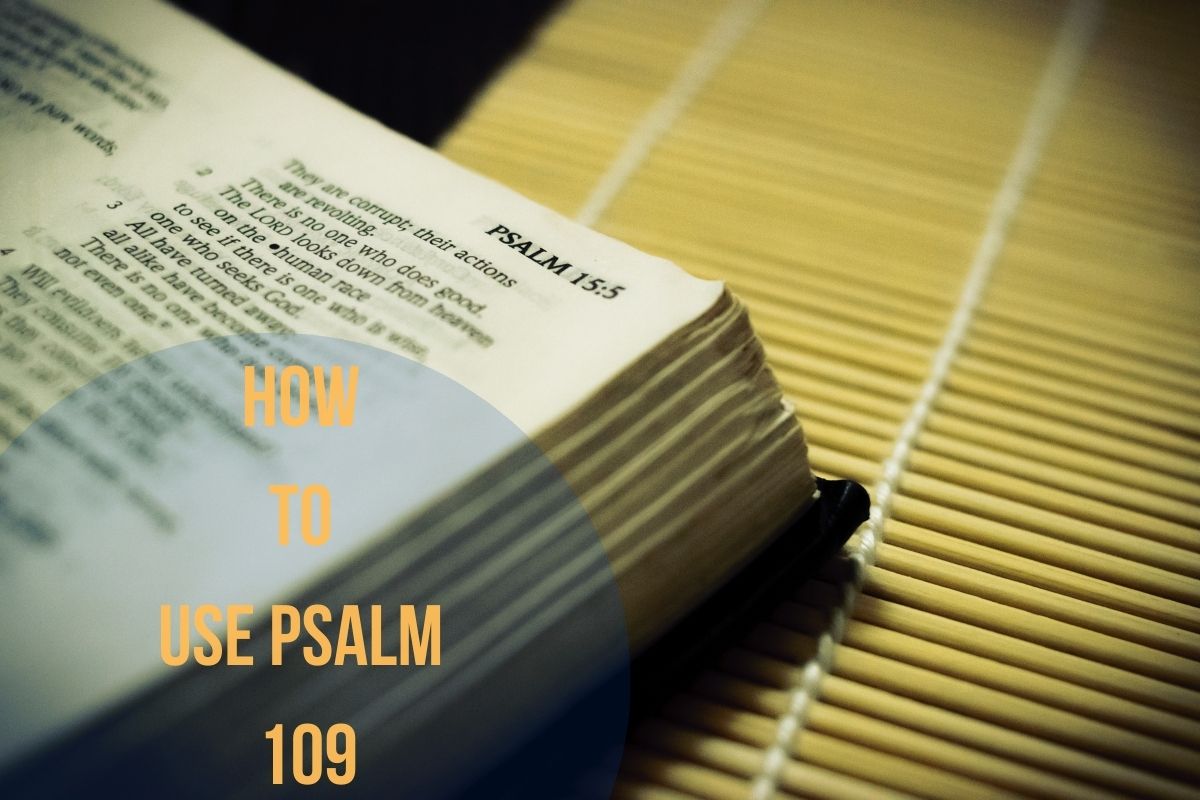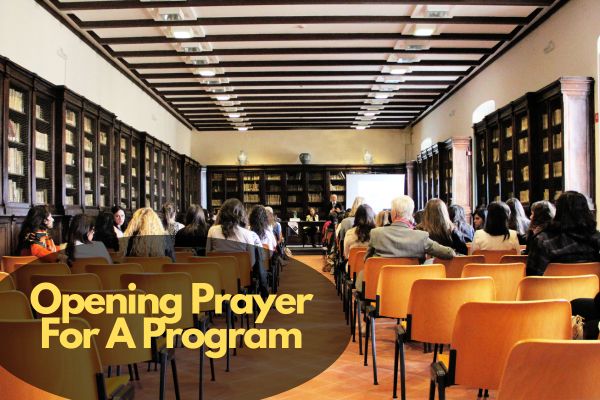Psalm 109 is a powerful and complex piece of scripture found in the Book of Psalms, which is part of the Old Testament in the Bible.
This article aims to provide a comprehensive guide on How To Use Psalm 109 effectively in a meaningful and ethical way. We will explore its historical context, its structure, key themes, interpretations, practical applications, and more.
1. Introduction to Psalm 109:How To Use Psalm 109
Psalm 109 is often referred to as an imprecatory prayer, a type of prayer that invokes curses or judgment upon one’s enemies. However, it is also a prayer for deliverance and justice. Understanding its multifaceted nature is crucial for those who seek to use it in their spiritual journey.
2. Understanding the Historical Context
To fully grasp the meaning of Psalm 109, one must delve into the historical context of the time it was written. We will explore the historical events and cultural influences that shaped the psalm.
3. The Structure of Psalm 109
This section will break down the psalm’s structure, highlighting its poetic elements, repetitions, and underlying patterns. Understanding the structure can help readers connect with its deeper meanings.
4. Key Themes in Psalm 109
We will examine the central themes of Psalm 109, which include vengeance and imprecation, prayer for deliverance, and the dynamics between the accuser and the accused.
4.1 Vengeance and Imprecation
This subheading will explore the controversial aspects of the psalm, including its imprecatory nature, and discuss the ethical considerations surrounding it.
4.2 Prayer for Deliverance
Readers will learn how the psalm can be a source of comfort and hope for those facing adversity.
4.3 The Accuser and the Accused
This section will delve into the narrative within the psalm, shedding light on the conflict between the psalmist and their adversary.
5. Interpretations and Perspectives
We will compare traditional religious views with contemporary and secular interpretations of Psalm 109, highlighting its relevance in modern times.
6. Steps to Effectively Use Psalm 109
For those interested in incorporating Psalm 109 into their spiritual practice, this section provides practical steps, including contextual understanding, personal reflection, and ethical considerations.
6.1 Contextual Understanding
Understanding the historical context and purpose of the psalm is essential.
6.2 Personal Reflection
Readers will discover how to connect with the psalm on a personal level, using it as a tool for introspection and growth.
6.3 Ethical Considerations
We will explore the responsibility that comes with using imprecatory prayers and the importance of ethical considerations.
7. Real-Life Applications
This section shares real-life stories of individuals who have found solace and guidance through the use of Psalm 109.
7.1 Coping with Personal Challenges
Readers will learn how the psalm can be a source of strength during difficult times.
7.2 Seeking Justice and Redemption
Explore how Psalm 109 can be a tool for seeking justice and redemption in personal and communal contexts.
8. Criticisms and Controversies
We will address criticisms and controversies surrounding the psalm, including ethical concerns and alternative approaches.
8.1 Ethical Concerns
Delve into the ethical dilemmas associated with invoking curses upon others.
8.2 Alternative Approaches
Discover alternative ways to address challenges and conflicts without resorting to imprecatory prayers.
9. Benefits of Incorporating Psalm 109
Explore the benefits of incorporating this powerful psalm into your spiritual practice, including spiritual connection, emotional release, and personal growth.
9.1 Spiritual Connection
Learn how Psalm 109 can deepen your spiritual connection and faith.
9.2 Emotional Release
Discover how the psalm can serve as a healthy outlet for processing emotions.
9.3 Personal Growth
Explore how using the psalm can facilitate personal growth and self-awareness.
10. Practical Tips for Using Psalm 109
This section offers practical tips for effectively integrating Psalm 109 into your daily life, including creating a sacred space, meditation techniques, and journaling.
10.1 Creating a Sacred Space
Learn how to set the right environment for meaningful engagement with the psalm.
10.2 Meditation and Contemplation
Discover meditation techniques that can enhance your connection with the psalm’s message.
10.3 Keeping a Journal
Explore the benefits of journaling your experiences and reflections related to Psalm 109.
11. Testimonials and Experiences
12. Common Misconceptions
Uncover and address common misconceptions about the psalm, ensuring a more accurate understanding.
12.1 Misinterpretation of the Text
Clarify misconceptions related to the psalm’s meaning and purpose.
12.2 Misuse of Imprecatory Prayers
Discuss the misuse of imprecatory prayers and how to avoid ethical pitfalls.
13. Ethical Considerations
This section delves deeper into the ethical aspects of using Psalm 109 in one’s spiritual journey.
13.1 Balancing Prayer with Action
Explore the importance of balancing prayer with practical actions to effect change.
13.2 Responsibility Towards Others
Discuss the ethical responsibility we have when using imprecatory prayers.
14. Expert Opinions
Gain insights from experts in theology and psychology regarding the significance and impact of Psalm 109.
15. Conclusion
Summarize the key takeaways from the article and emphasize the importance of responsible and thoughtful use of Psalm 109 in one’s spiritual practice.







